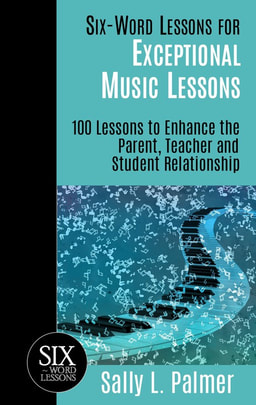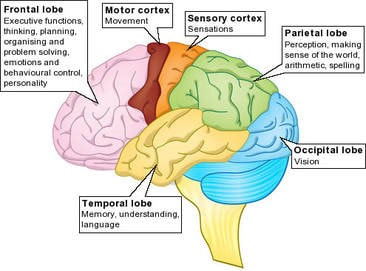 Many may remember the old television commercial where the narrator would hold up an egg and say, "This is your brain." He would then crack the egg into a sizzling, hot frying pan and say, "This is your brain on drugs." He would then ask, "Any questions?" It was an extremely effective commercial which is why so many remember it even years later. Playing the piano (or any instrument for that matter) is fun, but it has also been proven how incredible the brain functions and develops while learning to play the piano. "This is your brain on piano."
The prefrontal cortex is involved in a wide variety of functions, including:
One can see the distinct advantages to developing and strengthening the prefrontal cortex of the brain. Careers in science, design, visual arts and manufacturing are optimal for those with strong spatial abilities. Eyes, ears, hands - these are only a few areas where those who learn piano can excel and accelerate brain development. Also to be taken into consideration are the use of 10 fingers, two feet, keeping time, touch, and artistic interpretation, all using different parts of the brain.  Sally Palmer owns Sally L. Palmer Music Studio in Bellevue, Washington. She has over 40 years experience as a piano and vocal teacher and coach, and is an accomplished accompanist. She is the author of Six-Word Lessons for Exceptional Music Lessons.
0 Comments
Your comment will be posted after it is approved.
Leave a Reply. |
See the Authors!
All
|


 RSS Feed
RSS Feed